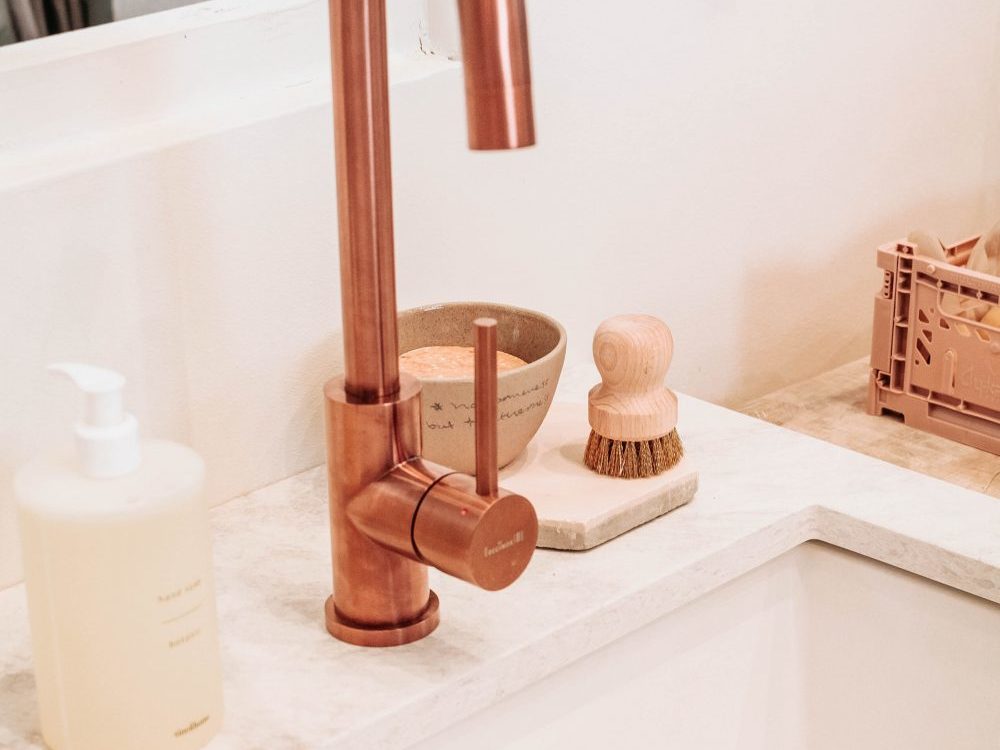How many times have you washed your hands today?
I know, I know, the government has made it clear that we have a civic duty to wash, wash and wash again. But mine are bleeding, and every time I return to the sink, the sick feeling of an impending anxiety attack washes over me anew.
I don’t have OCD, so it is not my place to speak for those who do – other than to say that I have a newfound respect for those battling the condition. But what I do have is chronic anxiety, and a history that makes the current hygiene situation somewhat more troubling.
Returning to trauma
When my son was born, abroad, six years ago, he spent a month in neonatal intensive care (NICU). Unlike in the UK, kangaroo care was not prized. As such, for a month, he remained inside a box and I remained outside of it, unable to hold him.
I was allowed to touch him, briefly, through the holes in the side of the incubator, and so handwashing became of essential, potentially lifesaving, importance. I was taught to wash my hands to a surgical degree, and did so dozens of times a day. Each time, as I stood at the sink, I washed in front of a diagram, instructing me of the exact actions required.
Ten months later, when he nearly died, I did the same again, this time in the paediatric ward. Later, when our doctors were unable to get his condition under control, I washed and washed again at Great Ormond Street Hospital. It was heart-breaking, traumatic, and left a lasting, indelible mark that no amount of soap could erase.
But then he got better. I saw a psychiatrist, and then I did too. We carried on with our lives. Until now. Until the handwashing.
Today, that diagram, previously confined to hospital walls, is everywhere I look. It’s in every newspaper I read, on every TV news bulletin, pinned to the door of my local Tesco alongside a big bottle of now precious hand sanitiser. And I want to scream.
That diagram is important, of course. But showing it to my son, teaching him to wash as I did six years ago when I didn’t know if he’d live or die, has taken a strength I’m still not sure I possess. Every time he shows me how well he’s washing his hands, every time he comes to me, smiling, seeking encouragement, I have to swallow down the ever-bigger lump in my throat, take deep breaths and ignore the knot of anxiety twisting in my stomach. I have become a pro at supressing my discomfort for his sake, but at what cost to myself?
Seeking support
While my own issue right now is quite specific, I’m far from alone in feeling triggered by social distancing. For the estimated eight million people suffering from anxiety-related conditions across the UK, isolation is throwing up all manner of difficulties, leading charities in the sector to call for urgent action to support sufferers.
OCD-UK says calls to its helpline have surged by over 35 per cent since the outbreak, while Anxiety UK more than doubled its helpline operating hours to deal with a 364 per cent rise in call volumes last week alone.
Both charities say the current climate is having an increasingly adverse effect on those with mental health issues such as anxiety, OCD and other anxiety-related conditions. “While we fully understand and support the restrictions to limit the spread of COVID-19, many people with anxiety and OCD have had their usual coping strategies taken away,” warns Ashley Fulwood, CEO of OCD-UK. “The longer the restrictions remain in place, the bigger and more severe this problem will become.”
For Nicky Lidbetter, CEO of Anxiety UK, the problem is only getting worse day-to-day. “We know from both the volume and themes of the calls that our two organisations are receiving that the scale of the problem will only increase in the coming weeks if the appropriate crisis care and support is not readily available for those with anxiety disorders, who are not usually in touch with crisis mental health services but who now urgently need this support.”
But what can we do, when that professional support remains inaccessible? We can talk. We should talk.
Time to talk
For my poor partner, who joined our family long after my son’s health traumas had passed, the anxiety that hit me like a freight train last week came as something of a shock. The shaking, snotty, sobbing mess of a woman I morphed into a week into lockdown was new to him. I can only imagine she must have been a pretty upsetting arrival.
Nonetheless, breaking down in such a dramatic way was a turning point for me. For the first time, I stopped pushing down my anxiety and allowed him to comfort me. Having only previously discussed my feelings with friends who also suffer with anxiety, discussing it with someone who doesn’t was a revelation. It was also, it transpires, a sensible thing to do.
“If you are feeling anxious or worried about the coronavirus then it can be good to get someone else’s point of view. Think about who you speak to – speaking to someone else who is struggling might not be best,” advises the charity Rethink Mental Illness. “Find somewhere quiet where you can sit down and chat openly and honestly about your feelings and your concerns. It is easy to get overwhelmed in our own pattern of negative thoughts, so talking these though can help break those cycles.”
For now, I’m feeling a little better. I still view the soap dispenser with suspicion and fear, and I suspect I always will – but opening up about its control over me also opened the release valve. Turns out, it’s not just glib advice. It really is good to talk.









